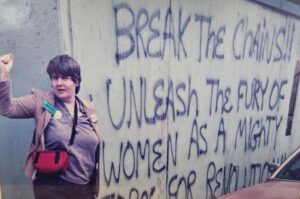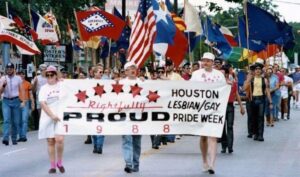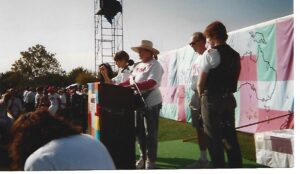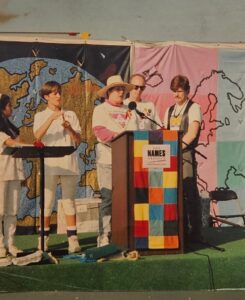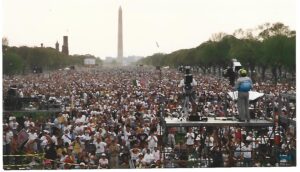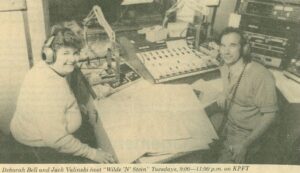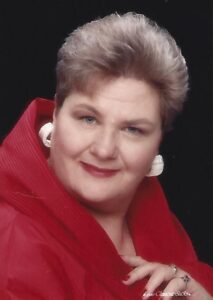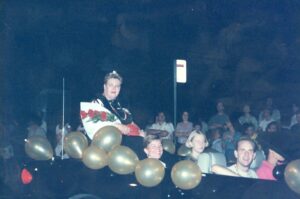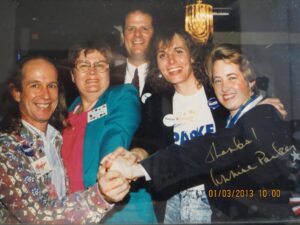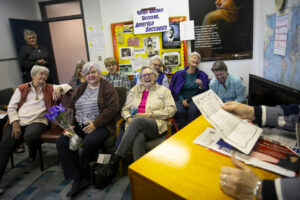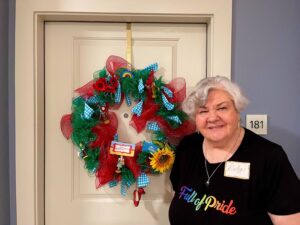Born in 1950, Deborah Moncrief Bell grew up as one of five children in a working-class family in Birmingham, Alabama. Her father was a carpenter and bricklayer, causing the family to relocate often, before settling down in Houston. Moving so frequently exposed Deborah to different environments, people, and perspectives outside of her parents’ jurisdiction. She became critical of her parents’ racism and Jim Crow Laws from an early age, and started considering herself an activist at the age of 16 for the anti-war and pro-choice movements.
In 1976, Deborah became active in the campaign for Jimmy Carter, meeting people who were involved with the National Organization for Women (NOW) along the way. At the same time, the 1977 National Women’s Conference was being planned in Houston. While she was only an attendee and not an organizer of that event, the sense of community she felt from the tens of thousands of women present inspired her to continue her feminist work. The conference also hosted activists fighting for the Lesbian Rights movement, and thus contributed to her discovery of her own sexuality.
Deborah’s first sexual experiences were with other girls as a kid, playing pretend straight couples. But it wasn’t until she was married to her husband in her thirties, after having two children, that she realized bisexuality was a viable sexual identity. She discovered that she wanted to be with women in the early 80’s, and divorced from her husband soon after.
Also in the 1980’s, a connection from the Carter campaign introduced Deborah to the Houston Feminist Group, which congregated at a Unitarian Church. As a part of that community, she developed her own feminist and religious worldview. Deborah, inspired by radical theologian Mary Daly, began conducting rituals and appreciating nature through a feminist, feminine lens. As part of the group, Deborah had a 17-year-long romantic relationship with another woman member, advancing Deborah’s involvement with queer rights activism.
Deborah also began getting involved in radio and music. Getting her start in the aptly-named “Breakthrough” program, Deborah was involved with Queer Voices Radio, which played music created by gay and lesbian artists, while also offering education about HIV/AIDS and legal movements. Today, she has rejoined that program and continues offering queer advice and tunes over the soundwaves. In more recent years, Deborah has published and edited articles for various magazines as well.
Throughout her impressive career as an activist, one of Deborah’s most recognized roles is as the national organizer of the 1993 March on Washington for Lesbian and Gay Equal Rights and Liberation. Deborah wore many hats in the organizational efforts, but she was instrumental in the success of the demonstration. She prioritized access for the disabled LGBTQ+ community, and she hired the country’s first transgender judge to speak – Judge Phyllis Frye. 750,000 people attended.
Deborah Bell has been a vocal supporter of the queer community for decades, and has continuously told stories of resilience and acceptance. Today, we hear her story — how her life exemplifies her belief that “you should leave the world better than you found it.”

